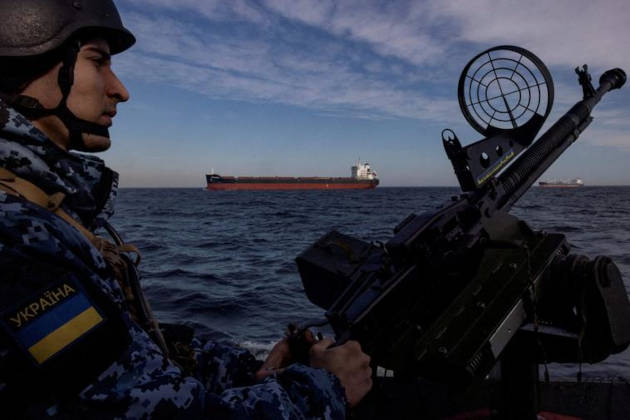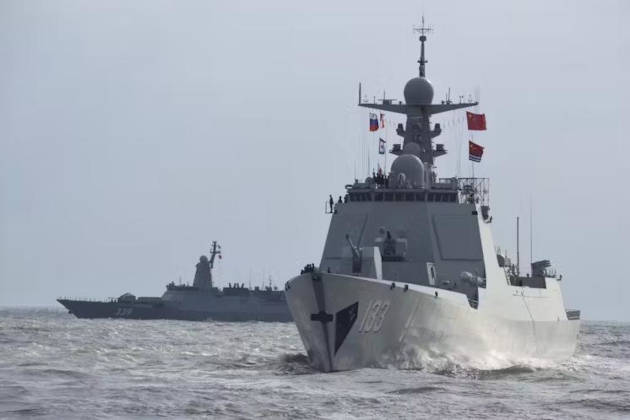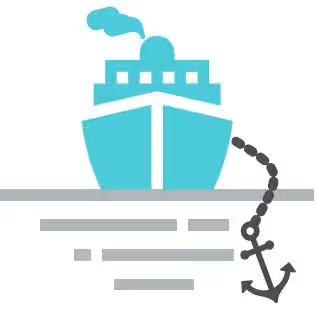How Russia’s Naval Defeats Impact the Ukraine Conflict and Global Power Dynamics
The ongoing conflict between Russia and Ukraine has primarily unfolded on land and in the air, marked by a fierce ground war and brutal Russian aerial assaults on civilian infrastructure. However, an essential yet often overlooked aspect of this conflict is the battle for control over the Black Sea, where the Russian Navy has suffered significant defeats. These naval setbacks have far-reaching consequences, not only curtailing Russia’s ability to project power globally through naval means but also leading to an increasingly close partnership with China, where Russia has emerged as a subordinate ally in maritime affairs.
Historically, geopolitical theories have tended to oversimplify global politics by categorizing nations as either land powers or maritime powers. Thinkers like British geographer Sir Halford Mackinder and US strategist Alfred Thayer Mahan framed maritime powers as inherently democratic and favorable to free trade, while land powers were often depicted as militaristic and authoritarian. While these generalizations have been used to justify political narratives, they create a false dichotomy that obscures the complexity of modern warfare and international relations.

Source: Thomas Peter
In the context of the Russia-Ukraine conflict, this division has contributed to a misunderstanding of Russia’s military progress. While Russia has achieved some successes on land and in the air, it has faced a stunning defeat in the Black Sea, where it has been forced to retreat from the Ukrainian shoreline and keep its naval forces far from the front lines. The Black Sea is a relatively enclosed body of water, bordered by Turkey, Bulgaria, Romania, Georgia, Ukraine, and Russia. Control of these waters has historically been contested and plays a crucial role in the current conflict.
Russia’s annexation of Crimea in 2014 allowed it to dominate the naval port of Sevastopol, effectively converting Ukrainian near waters into Russian territory. This control enabled Russia to disrupt Ukraine’s trade, particularly grain exports, which are vital for the Ukrainian economy and food security for various nations, especially in Africa. However, Ukraine has managed to counter these disruptions through collaboration with neighboring countries like Romania, Bulgaria, and Turkey, which have facilitated the passage of cargo ships through their waters and into the Mediterranean Sea.
In the first quarter of 2024, Ukraine was able to export between 5,2 and 5,8 million tons of grain per month, a decline from pre-war levels of approximately 6,5 million tons but a significant recovery from the summer of 2023, when exports plummeted to just 2 million tons due to Russian attacks. Despite Russia’s efforts to tighten its grip on the Black Sea and its unwillingness to confront NATO’s response to attacks on ships in allied waters, Ukraine’s access to international markets has helped stabilize its economy amid ongoing conflict.

Source: Li Yun/Xinhua via Getty Images
Since February 2022, Ukraine has also launched direct naval attacks on Russian vessels, utilizing unmanned attack drones to sink or damage several ships and reduce the size of Russia’s Black Sea fleet from around 36 warships to approximately 21. This shift has forced Russia to limit its naval operations to the eastern part of the Black Sea and reduce its reliance on Sevastopol, undermining its strategic position in the region.
Russia’s historical challenges in projecting sea power are further illustrated by its past naval defeats. The catastrophic loss to Japan in 1905 and the Soviet Union’s reliance on the Allies during World War II exemplify its ongoing struggles to assert control over maritime domains. Despite building missile boats and aircraft carriers during the Cold War, the Soviet Union’s naval capabilities were largely focused on defending its near waters rather than projecting power into far waters.
Now, as Russia loses control over the Black Sea, it finds itself unable to operate effectively in these once-secure waters. This situation has forced Russia to seek partnerships with China to project naval power beyond its immediate vicinity. The recent joint naval exercises in the South China Sea indicate a deepening military collaboration between the two countries. While this partnership provides some military advantages for Russia, it places Moscow in a junior position to Beijing, which is investing significantly in expanding its own naval capabilities.
The partnership between Russia and China is not merely a military arrangement; it has significant economic implications as well. As China enhances its presence in far waters, particularly in Africa and the Indian Ocean, Russia’s strategic interests are increasingly tied to Chinese ambitions. While Russia has its own economic interests in regions like the Sahel and sub-Saharan Africa, these will likely remain secondary to China’s broader goals. China’s investments in maritime capabilities enable it to safeguard its economic interests without jeopardizing its relationship with Russia.
Ultimately, Russia’s current inability to project naval power effectively reflects its diminished standing in the Black Sea and the need to align its interests with those of China. This subservient relationship suggests that, even if Russia achieves military success on land in the Ukraine conflict, it will not compensate for its ongoing inability to operate independently in maritime contexts. In summary, the conflict has severely restricted Russia’s naval capabilities, compelling it to rely on partnerships that compromise its strategic autonomy.

